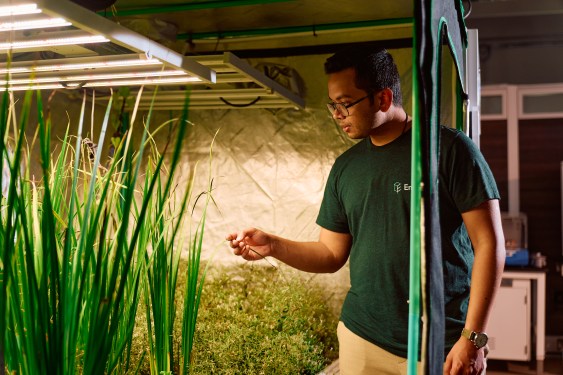For centuries, people have relied on natural remedies to alleviate pain and treat diseases. The willow tree bark, for instance, was used by our ancestors to relieve headaches and other ailments. However, it wasn’t until the 1800s that scientists at chemical firm Bayer isolated its active ingredient and patented it as Aspirin. This success story is just one example of how medicines have been derived from natural sources.
The World Health Organization’s Estimate
According to the World Health Organization (WHO), around 40% of modern pharmaceutical products have their roots in traditional remedies used by our ancestors. This staggering statistic highlights the importance of harnessing nature’s bounty in the development of new medicines.
The Challenge of Identifying New Medicines from Nature
Despite this impressive success, scientists estimate that they have only scratched the surface when it comes to discovering new medicines from natural sources. The process of identifying, isolating, and testing molecules from nature is complex and time-consuming compared to synthesizing new compounds in a lab.
The Role of AI in Accelerating the Discovery Process
In an effort to expedite this process, Viswa Colluru, an early employee of Recursion Pharmaceuticals, decided to leverage the power of Artificial Intelligence (AI) and other techniques. In 2019, Colluru left Recursion to start Enveda Biosciences, a Boulder, Colorado-based biotech that analyzes plant chemistry to unearth potential medicines.
Enveda’s Approach
Colluru told TechCrunch that Enveda tapped all of the world’s digital information about how humans across cultures have used plants to cure pain and disease. "We discovered that geographically separated cultures from across the world were much more likely to use similar plants for similar diseases and symptoms, even though they never talked to each other," he said.
"Thousands of Years of Experiential Human Wisdom"
Enveda’s database has over 38,000 medicinal plants linked to about 12,000 diseases and symptoms. Once Enveda’s AI identifies plants with the highest likelihood of providing cures, team members gather the materials and test them using the company’s laboratory and AI model.
Deciphering the "Chemical Language"
Unlike traditional methods for studying individual molecules, Enveda’s transformer model can decipher the chemical language of the entire sample. "Once we know their shape, we can prioritize the right sets of molecules and say, this will one day be a medicine," Colluru said.
Enveda’s Progress
Enveda’s approach is starting to bear fruit. Two of the company’s drugs – one for treating skin conditions, including eczema, and the other for inflammatory bowel diseases – are expected to begin clinical trials later this year, according to Colluru.
Investors Take Notice
The company’s scientific progress has attracted the attention of investors. Enveda has raised significant funding to support its efforts in harnessing nature’s bounty through AI-driven discovery.
The Future of Medicine
Enveda Biosciences is at the forefront of a new era in medicine, where AI and natural remedies come together to create innovative treatments for various diseases. As we continue to push the boundaries of what is possible, it is essential to recognize the importance of harnessing nature’s bounty in our quest for better health.




